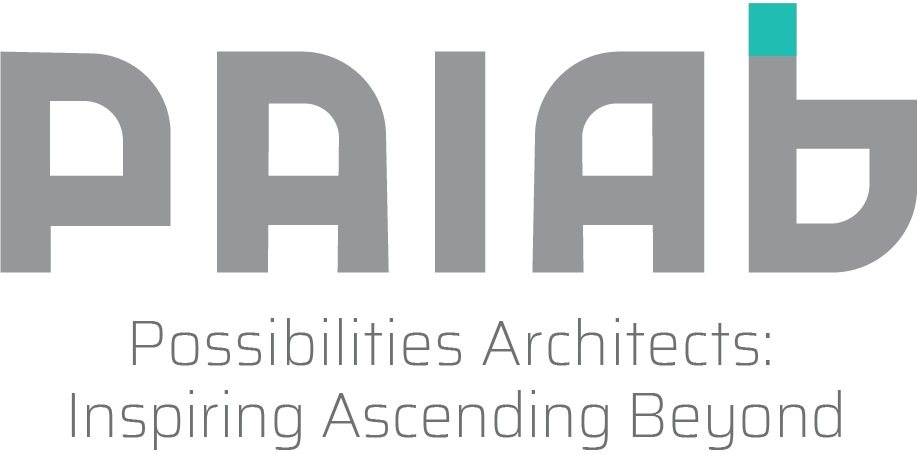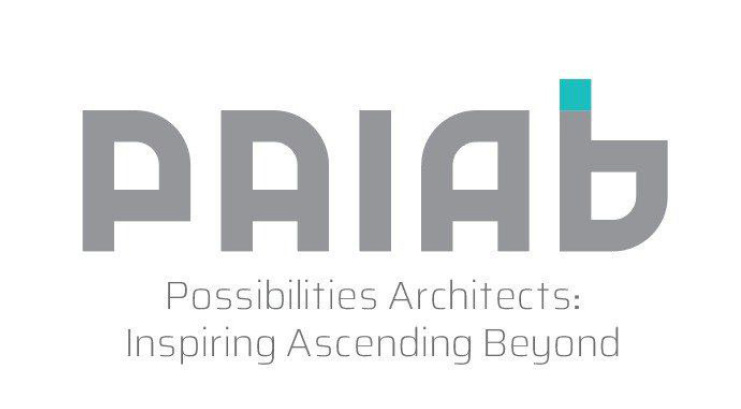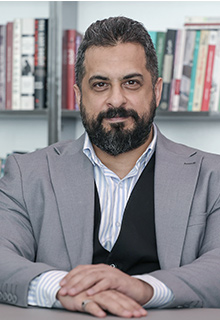Meaningful insight often requires leaving the familiar behind and engaging directly with the broader world. I had the privilege to live in three different continents, each shaping my perspective in its own unique way. Each place offered distinct lessons about society, conflict, and coexistence, shaping the lens through which I view the world today. In post-revolutionary Iran, politics was an integral part of daily life, influencing how people lived and interacted. In France, I became acutely aware of the costs of conflict, following the Iran–Iraq war from afar. In Canada, I experienced multiculturalism as a lived reality, a society where diverse traditions coexisted and informed one another. These experiences fostered an understanding that no single culture or tradition contains the entirety of truth. Education provided a structure for integrating these experiences. I studied political science and international relations in Toronto and Montreal. Then I studied and explored the work of scholars in integral theory, that seek to integrate multiple dimensions of knowledge -psychological, cultural, spiritual, and social – into a coherent framework. This perspective emphasizes that individuals and societies develop through identifiable stages and states and that understanding these patterns allows for more effective learning, growth, and problem-solving. It reinforced my belief that true education extends beyond isolated disciplines, requiring a synthesis of insights from diverse traditions and ways of knowing. I became fascinated by the stages and states of human development, both in individuals and societies, and by how awareness of these stages can guide meaningful growth. Comparative studies of cultures and religions strengthened my conviction that progress arises from integration rather than separation, from learning and adopting the strongest values of each tradition. As stated in the holy Qur’an; ” Who listen to speech and follow the best of it. Those are the ones Allah has guided, and those are people of understanding” “Surah Al-Zumar (39:18) Politics became a practical extension of my studies. My first engagement was with the anti-war movements in opposing of the invasion and occupation of Iraq. I collaborated with activists, intellectuals, and political leaders, and participated in a bicycle tour across Europe and the United States to promote peace, serving as the group’s speaker. Interactions with people from diverse backgrounds deepened my understanding of human aspirations for peace and its challenges. In this trip I learned that “deep listening” goes beyond simply hearing words; it requires presence, patience, and openness. It means quieting one’s own inner dialogue to fully receive the other person’s meaning, emotions, and unspoken intentions. Through deep listening, understanding deepens, trust grows, and new possibilities for connection and insight emerge. Later, I focused more on Iranian foreign politics and strategic issues. For me, political work is inseparable from ethical responsibility. Religion and spirituality remain essential to human civilization, but they are most meaningful when connected to social and political life. Efforts to promote justice, peace, and good governance are both political and ethical endeavors. Power is necessary for action, yet it carries risk when separated from morality. I maintain that morality without power is ineffective, while power without morality is destructive. The two must remain connected to achieve constructive outcomes. My guiding principle is service to my country, helping it advance through the stages that history has laid before it. Iran has both the responsibility and the potential to contribute to a strong and cooperative West Asia. At the Paiab Foundation, I study the evolution of societies and explore how humanity can not only adapt to change but also shape the future consciously and deliberately. Humanity is facing rapid transformations that demand both resilience and vision. Mere adaptation is not enough; we must consciously build the future we
desire. My life, shaped by experiences across continents, interactions with diverse people, and the combination of research, activism, and politics has been dedicated to understanding, service, and contributing to the development of a more integrated, ethical, and human world. And today, I wish to place all my past experiences in the service of Paiab’s vision, so that together we may create an inspiring future as we imagine it.
/////
///////////////////////////////////////////////
///////////////////////////////////////////////
///////////////////////////////////////////////
///////////////////////////////////////////////


